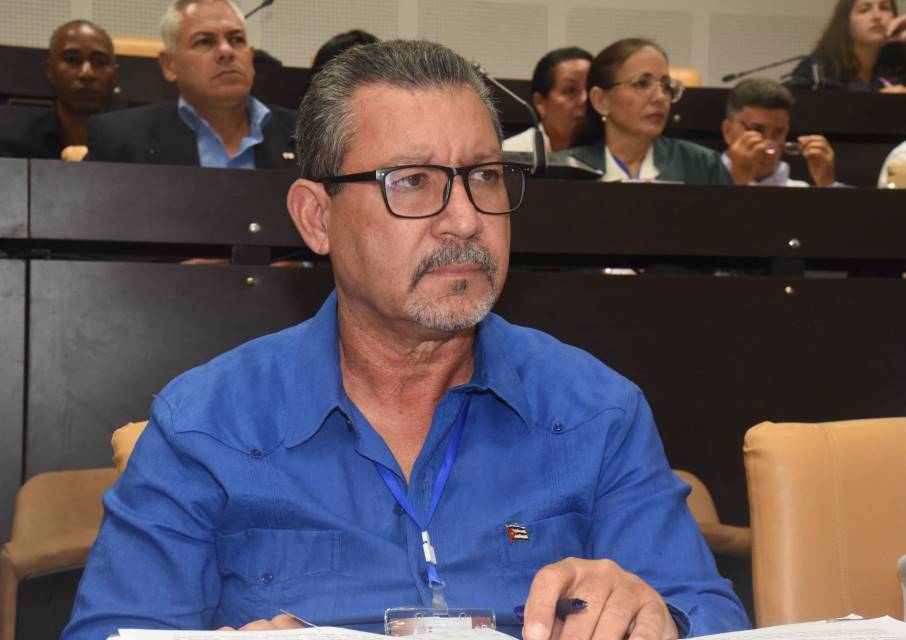The National Institute of Hydraulic Resources (INRH) was subjected to high scrutiny by Parliament, from August until November 30 this year, a period in which the legislators visited 13 provinces, 58 municipalities and a total of 148 entities, including water works, funded projects, companies and units linked to water services.
President of the Industry, Construction and Energy commission, Magda Ileana Pérez, pointed out that despite the continuous shortage of materials stemming from the country’s situation, the sector has registered some progress.
She meant that by identifying challenges and causes of non-compliance INRH will manage to consolidate its leadership in water governance, while simultaneously promoting the economic-social strategy and reducing distortions in the process.
To achieve this goal, the scrutiny unveiled, INRH must establish a rigorous follow-up in each province, checking compliance with the pumping equipment replacement program and change of energy matrix.
The Commission’s report indicated that there is mismanagement of overdue water bills, mainly in the residential sector, where there is a large number of non-payments.
Pumping equipment outages and the systematic lack of electricity constitute the main causes for failures to service customers through networks.
Likewise, the survey revealed that the most recurrent problems affecting the population are those related to water leaks, sanitation inside and outside homes, high number of sources of contamination, critical state of the pipes, communities without hydraulic networks and sewage discharge.
ied/lam/mks









